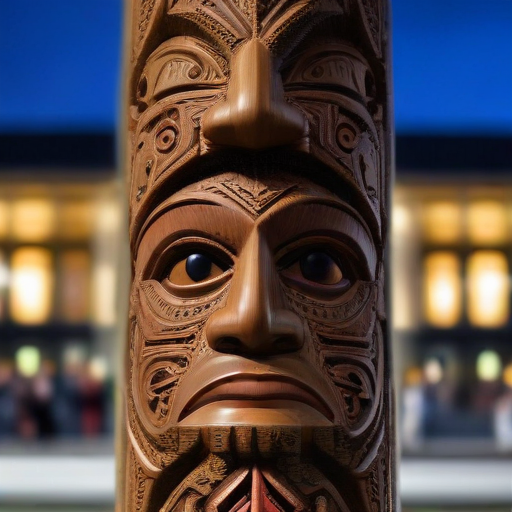New Zealand’s parliament experienced a temporary suspension on Thursday as Maori lawmakers performed a haka to interrupt proceedings surrounding a contentious bill aimed at redefining the interpretation of the Treaty of Waitangi, which was originally established in 1840 between the British Crown and Indigenous Maori chiefs. This treaty plays a crucial role in shaping current legislation and policies regarding governance in the country.
For decades, various court rulings and a Maori tribunal have expanded rights for Maori communities, yet some critics argue that this has led to discrimination against non-Indigenous citizens. The ACT New Zealand party, a member of the ruling center-right coalition, proposed a bill last week seeking to legally enforce a narrower understanding of the treaty.
During the preliminary vote, Te Pati Maori members stood in protest, performing the haka, a traditional Maori war dance traditionally used to express unity and strength. This act resonated with many in the public gallery, leading to a chorus of support that momentarily halted parliamentary proceedings.
David Seymour, leader of the ACT party, accused opponents of the bill of attempting to create fear and division, emphasizing his commitment to empowering individuals across the country. However, many Maori advocates view the proposed legislation as a significant threat to their rights, which represent about 20% of New Zealand’s total population.
In response to the legislation, hundreds have embarked on a nine-day hikoi, or march, from the northern parts of New Zealand toward Wellington to voice their opposition. With estimates suggesting that around 10,000 participants rallied in Rotorua, the march has gained momentum, with attendees sporting traditional attire and receiving enthusiastic support, including the Maori flag.
Although the bill has successfully passed its initial reading, it is anticipated to struggle in securing enough backing for further legislative action, with coalition partners National Party and New Zealand First expressing their intent not to support it beyond the first reading.
This situation is encouraging as it highlights the power of civic engagement and the importance of cultural expression in advocating for rights and recognition among indigenous populations. The upcoming protests in Wellington could play a pivotal role in shaping the future discussions around the Treaty of Waitangi and highlight the ongoing dialogue necessary for fostering unity in New Zealand’s diverse society.
